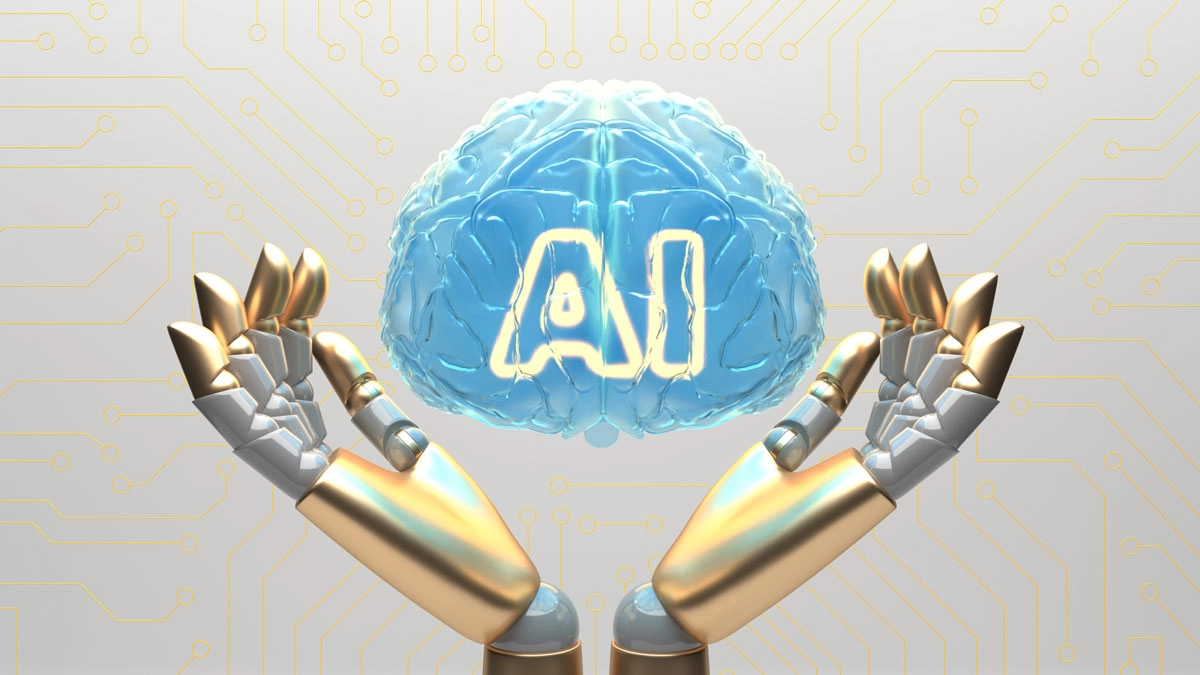Ensuring the security and integrity of data is paramount in the dynamic world of software development. One crucial aspect of this is the handling of URLs, which involves encoding and decoding to prevent data corruption and vulnerabilities. In this blog post, we will delve into URL encoding and decoding in Java, exploring the importance of these processes and how to implement them reliably and securely.
Understanding the Significance of URL Encoding and Decoding
URLs are the building blocks of the internet, facilitating the seamless exchange of information between servers and clients. However, URLs often contain special, reserved, and non-ASCII characters that can pose challenges when transmitting data. URL encoding is the process of converting such characters into a safe format for transportation. This prevents misinterpretation and ensures that URLs are correctly transmitted across various systems.
On the flip side, URL decoding reverts encoded characters to their original form. When a server receives a URL, it must decode it to retrieve the intended data. If this decoding is not done correctly, it can lead to data corruption or even security vulnerabilities.
Challenges in URL Handling
Handling URLs can be tricky due to the variety of characters that can be part of a URL. Some characters have special meanings in URLs, like the question mark '?' and the ampersand '&,' which are used for query parameters. Other characters, such as spaces or non-ASCII characters, must be properly encoded to prevent issues during transmission.
Failure to correctly encode or decode URLs can result in broken links, incorrect data retrieval, and potentially security breaches. Attackers can exploit vulnerabilities if the encoding and decoding processes are not handled securely.
Implementing Secure URL Encoding and Decoding in Java
Java provides built-in URL encoding and decoding mechanisms through the `java.net` package. The `URLEncoder` and `URLDecoder` classes offer methods to perform these operations.
Ensuring Security
While Java's built-in classes provide convenient URL encoding and decoding methods, security should not be overlooked. When encoding, use the appropriate character encoding (such as UTF-8) and validate input to prevent malicious data from being encoded. Similarly, when decoding, validate the input and handle exceptions that might arise from malformed or malicious input.
In the interconnected landscape of modern software development, the handling of URLs is of paramount importance. URL encoding and decoding are essential processes that ensure data integrity and security.
By understanding the significance of these processes and implementing them correctly in Java, developers can safeguard their applications against vulnerabilities and data corruption. Remember, a strong emphasis on security throughout the software development lifecycle is crucial to building robust and reliable software systems.





No Comments Available...